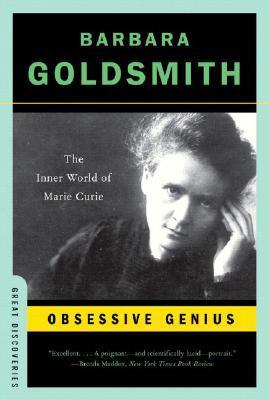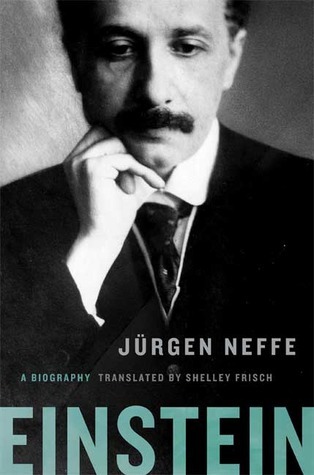
Passionate Minds
Book Description
What if love could ignite scientific breakthroughs? *Passionate Minds* plunges into the electrifying intersection of romance and intellect, where the legendary relationships of history’s greatest thinkers spark revolutionary ideas. Bodanis unearths the untold narratives behind iconic figures like Einstein and Curie, revealing how their profound partnerships shaped the course of modern science. Beneath the brilliance lies a world of fierce rivalries, emotional turmoil, and the relentless pursuit of truth. This is not just a tale of minds but of hearts entwined in the pursuit of knowledge. How far will passion propel innovation, and what boundaries will it shatter?
Quick Book Summary
Passionate Minds by David Bodanis explores the intertwined histories of love and intellectual achievement among some of the most renowned thinkers of the 18th and early 20th centuries. The book delves into how intense, often forbidden, romantic partnerships like those of Voltaire and Émilie du Châtelet, Marie and Pierre Curie, and the emotional worlds of figures like Einstein catalyzed groundbreaking scientific advancements. Bodanis demonstrates that the search for truth and innovation is rarely a solitary endeavor, showing how hearts and minds in collaboration can generate transformative insights. Through comprehensive research and engaging narrative, Bodanis humanizes monumental scientific achievements by situating them within the joys, sorrows, and passions of their creators, arguing that emotional bonds and intellectual pursuits often reinforce and elevate each other.
Summary of Key Ideas
Table of Contents
The Transformative Power of Intellectual Partnerships
The book opens by spotlighting the intellectual and romantic partnership between Voltaire and Émilie du Châtelet. Their relationship in Enlightenment France serves as a prime example of how emotional connection and shared ambition can drive scientific progress. Together, they tackled Newtonian physics, translating and expanding upon his ideas in ways that fundamentally changed European science. The collaboration illustrated how blended intellect and affection can embolden individuals to challenge societal norms and pursue knowledge despite resistance. Bodanis crafts their story as a testimony to the symbiotic relationship between love and intellectual daring.
Love and Rivalry as Catalysts for Innovation
Bodanis then explores the potent influence of rivalry and passion through the lives of Marie and Pierre Curie. Their union, built on mutual professional respect and shared obsession with discovery, led to the isolation of new elements and the birth of radioactivity studies. However, the narrative also emphasizes the emotional turmoil and gender prejudices Marie Curie faced, even as her achievements eclipsed those of many male contemporaries. The Curies’ story illustrates how love can amplify ambition but also how external pressures—discrimination, fatigue, fame—can test both personal resolve and relationships.
Personal Struggles Behind Scientific Breakthroughs
Beyond celebrated partnerships, Bodanis investigates how scientists like Albert Einstein navigated personal relationships amid seismic shifts in scientific thought. These stories demonstrate the vulnerability and personal costs involved in historic breakthroughs. Einstein, for example, often struggled with emotional disconnect from family yet derived inspiration and grounding from key relationships throughout his intellectual journey. Bodanis argues that even for those cast as solitary geniuses, significant scientific progress frequently arises from the dynamic interplay of emotional bonds and the broader social context.
The Intersection of Emotion and Reason in the Enlightenment
A recurring theme is the collision of reason and emotion, particularly during the Enlightenment. The book recounts how figures like Émilie du Châtelet battled for recognition in a male-dominated academic sphere, confronting prejudice and isolation. Their passionate pursuit of truth, fuelled by personal relationships, pushed the boundaries of both science and social customs. Bodanis reveals that these thinkers’ emotional investments—whether in people or in ideals—were inseparable from their achievements, shaping how they saw the world and how history remembers them.
Gender, Recognition, and Barriers in the History of Science
The final sections interrogate broader patterns of recognition and exclusion, especially for women. Bodanis details how gender, class, and societal expectations often undermined or erased contributors’ legacies. By chronicling these stories, the book reframes scientific progress not as isolated moments of genius, but as the result of interconnected lives—a tapestry woven of passion, intellect, rivalry, and perseverance. Ultimately, Passionate Minds posits that the most profound innovations are born where the personal and the intellectual meet, reshaping our understanding of history and discovery.
Download This Summary
Get a free PDF of this summary instantly — no email required.





